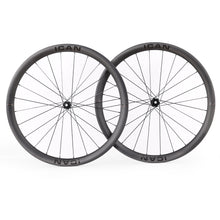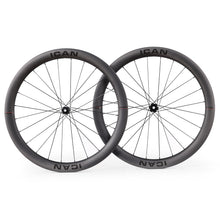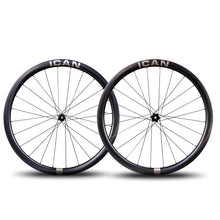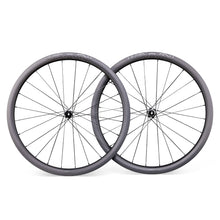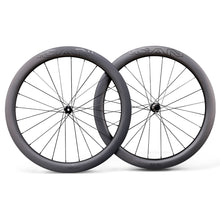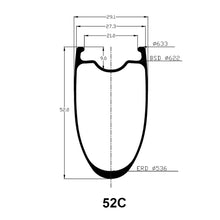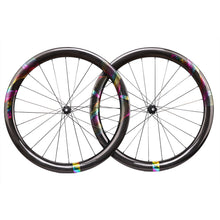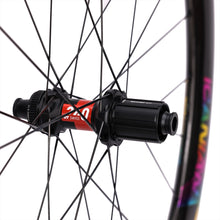News
Does Weight Matter for MTB Trail Bikes?
I bet you’ve stood in a parking lot at a trail center and someone will have asked you how much your bike weighs. You’ll either enthusiastically tell them the weight, or you’ll shrug it off and say you don’t know. Should we shrug it off or does weight really make a difference?
Getting heavier
One of the interesting things about mountain bikes is they have gotten heavier since the 90s. In some ways, this is great as during the 90s; we spent a lot of time picking up broken components, which were more than likely anodized purple.
All the parts that have added weight can be seen to have added to the fun of mountain biking. We could still more than likely build up a super lightweight, rigid XC bike, but not many of us would want to ride that, would we?
We have added disc brakes, longer travel suspension, wider bars, dropper posts, wider wheels and tires, and frames have gotten longer. All this extra material adds weight to a bike that just used to be a hybrid with 1.75” tires. As we’ve added weight, then the ability to ride faster and harder has increased.
Sure, we might all momentarily want that lightweight, rigid bike when we’re climbing, but once we’re back on the downhill sections, we forget those worries and just think about how big our smile is going to be. How many of us will give up those heavier parts?
Getting burlier
In the 90s our gnarly terrain would no longer be considered quite as gnarly. We now though ride downhill faster, drop more, and in general ride rougher terrain. We are all constantly testing the limits of our bikes. We need bikes that can stand up to a load of abuse.
For instance, if you look at our Altay, XC race frame, and our Andes, 29er enduro slayer, you’ll find that the Andes weighs a little more. The Altay though, should not see the terrain as fierce as the Andes sees, at least not repeatedly. The Andes is then built a little more burly to work where you’ll have the most fun with it.
The difference would then just grow outwards from there. You’ll prob fit a fork with 32mm stanchions on the Altay and 36mm on the Andes. Bigger brake rotors on the Andes. A dropper post on the Andes rather than a carbon post on the Altay. These parts all add extra weight but does the weight or the strength matter more to you?
Componentry differences
As we just hinted at we could change componentry and get your trail or enduro sled down in weight. You could, for instance, take your heavy duty tires and save a lot of weight by using some lightweight, thin-walled tires. It is easily possible to save half a kilo doing this but do you want to stand at the side of the trail watching sealant leaking out of a huge slash in one of your tires?
You could drop down to 160mm or 140mm rotors. Would they though have enough bite compared to your 203mm rotors? Would you rather have the reassurance from a set of big rotors rather than a small set of XC rotors?
Do you want to have to release a quick release lever and drop your saddle and then retighten the lever or just press a button and have your seat drop? Once you’re climbing again having to stop and raise your seat again, hopefully getting the correct height or just press a button and have your seat move up to the correct height again? You probably then really don’t want to lose your dropper post to save weight.
What if my enduro bike is too heavy?
If you think all this extra weight is too much and you want better climbing performance then buy an XC bike. The issue then is coming down. Coming down you’ll want some weight as it helps with handling and can help make you feel reassured about your bike. Trust us, borrow a friend's XC bike, and see the difference in downhill performance.
So you can pick whether you want uphill performance or whether you want downhill performance. Downhill performance will require a little extra weight. The good news is though that we have worked hard on suspension kinematics and bike geometry. Our trail bikes are just as easy to pedal uphill as our XC bikes; the only difference is that you’ll be carrying a little extra weight.
So next time you’re in the parking lot just shrug and say your bike is about performance and not weight.
